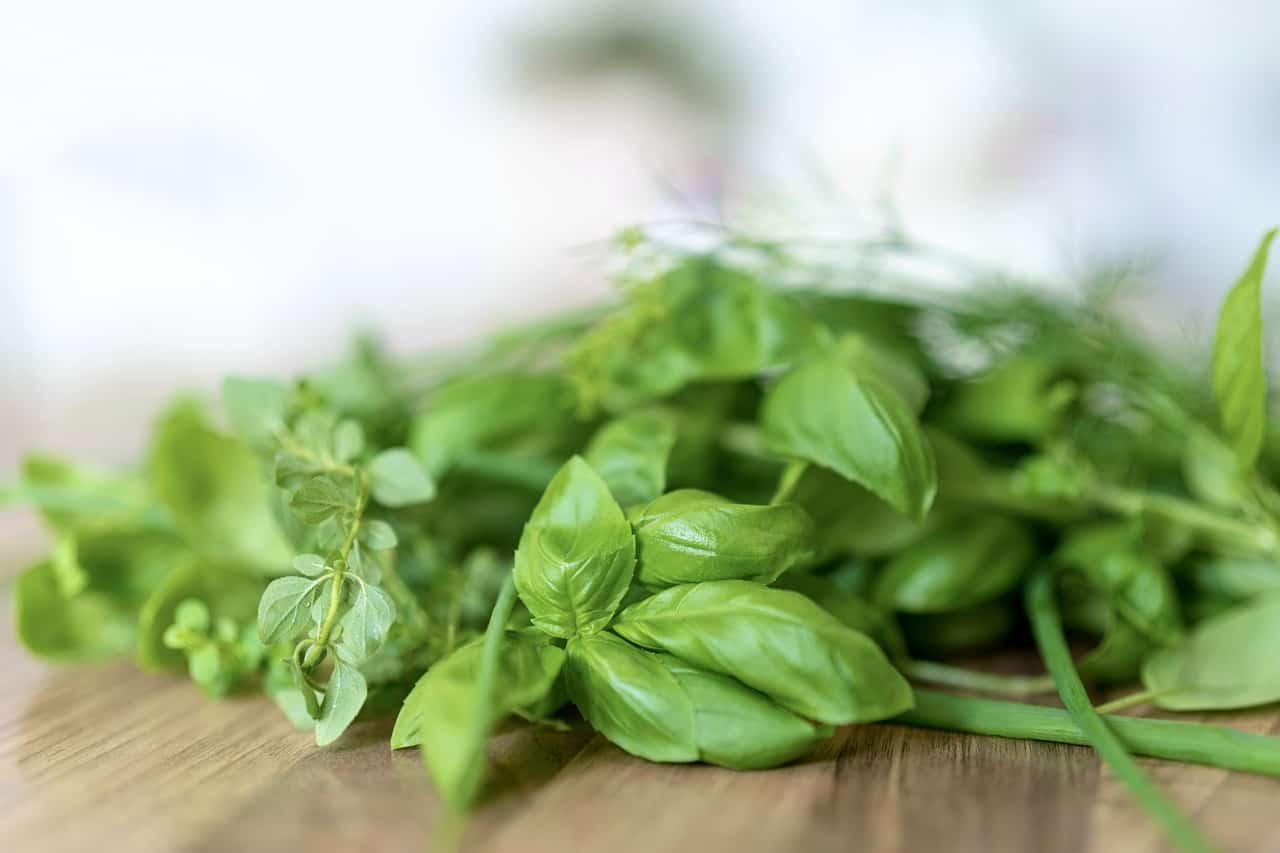
Smoking dried basil has become a trend in recent years, with some people claiming that it can provide a sense of relaxation and even a mild high. However, it is important to understand the potential risks and effects of smoking any substance, including dried basil.
Basil is a fragrant herb belonging to the mint family, known for its lush, green leaves and distinct, sweet aroma. Widely used in culinary dishes worldwide, it’s celebrated for its versatility in cooking and numerous health benefits, including anti-inflammatory and antioxidant properties.
Smoking Dried Basil
Firstly, it is essential to understand that smoking dried basil can have negative effects on your health. When you smoke any substance, it can irritate your respiratory system, leading to respiratory problems such as coughing, wheezing, and shortness of breath. Inhaling smoke from dried basil can also cause damage to the lungs and increase the risk of developing chronic respiratory diseases, such as chronic bronchitis or emphysema.
In addition to the potential health risks, there is little scientific evidence to support the claim that smoking dried basil can provide any real benefits. While some people may find that the ritual of smoking dried basil is calming or meditative, any perceived effects are likely due to the placebo effect.
It is important to note that smoking dried basil is not a traditional or common practice in any culture or tradition. Basil is a culinary herb used in many dishes worldwide and is known for its distinct and aromatic flavor. It is also commonly used in aromatherapy and other wellness practices, but smoking dried basil is not one of them.
How Do You Smoke Holy Basil
Smoking holy basil is not a common or recommended practice due to potential health risks. While holy basil (Tulsi) is revered for its medicinal properties when consumed as a tea or used in aromatherapy, smoking it could introduce harmful toxins into the lungs and respiratory system. For health benefits, it’s best to explore safer methods of consumption, such as brewing it into tea, incorporating it into meals, or using its essential oils for topical or aromatic purposes.
Considerations About Smoking Basil
If you are considering smoking dried basil, it is important to understand that there are safer and more effective ways to experience the potential benefits of this herb. For example, you can try incorporating dried basil into your cooking or making tea with fresh or dried leaves. Basil is known to have a variety of health benefits, such as anti-inflammatory and antioxidant properties, and consuming it through these methods can provide these benefits without the potential risks associated with smoking.
Alternatively, you can try using basil in aromatherapy practices. Basil essential oil is known for its calming and soothing properties and can be used in a diffuser or mixed with carrier oils for use in massage or other topical applications.
If you are still interested in smoking dried basil, it is important to remember that there are potential risks involved. Make sure to use high-quality, organic basil, and avoid using any additives or chemicals that could be harmful when smoked. It is also crucial to avoid smoking dried basil if you have any pre-existing respiratory conditions, as this could exacerbate your symptoms.

FAQ
Is Dried Basil Safe
Dried basil is safe for consumption and widely used in cooking for its concentrated flavor. It undergoes a drying process that preserves its essential oils, making it a staple in spice cabinets. As with any dried herb, ensure it’s stored properly to maintain freshness and prevent contamination.
What Does Basil Do For The Lungs
Basil can benefit the lungs due to its anti-inflammatory and antioxidant properties. It helps alleviate respiratory conditions like asthma and bronchitis by reducing inflammation and clearing airway passages. Basil’s essential oils, particularly eugenol, contribute to its therapeutic effects, supporting overall respiratory health when consumed in moderation.

